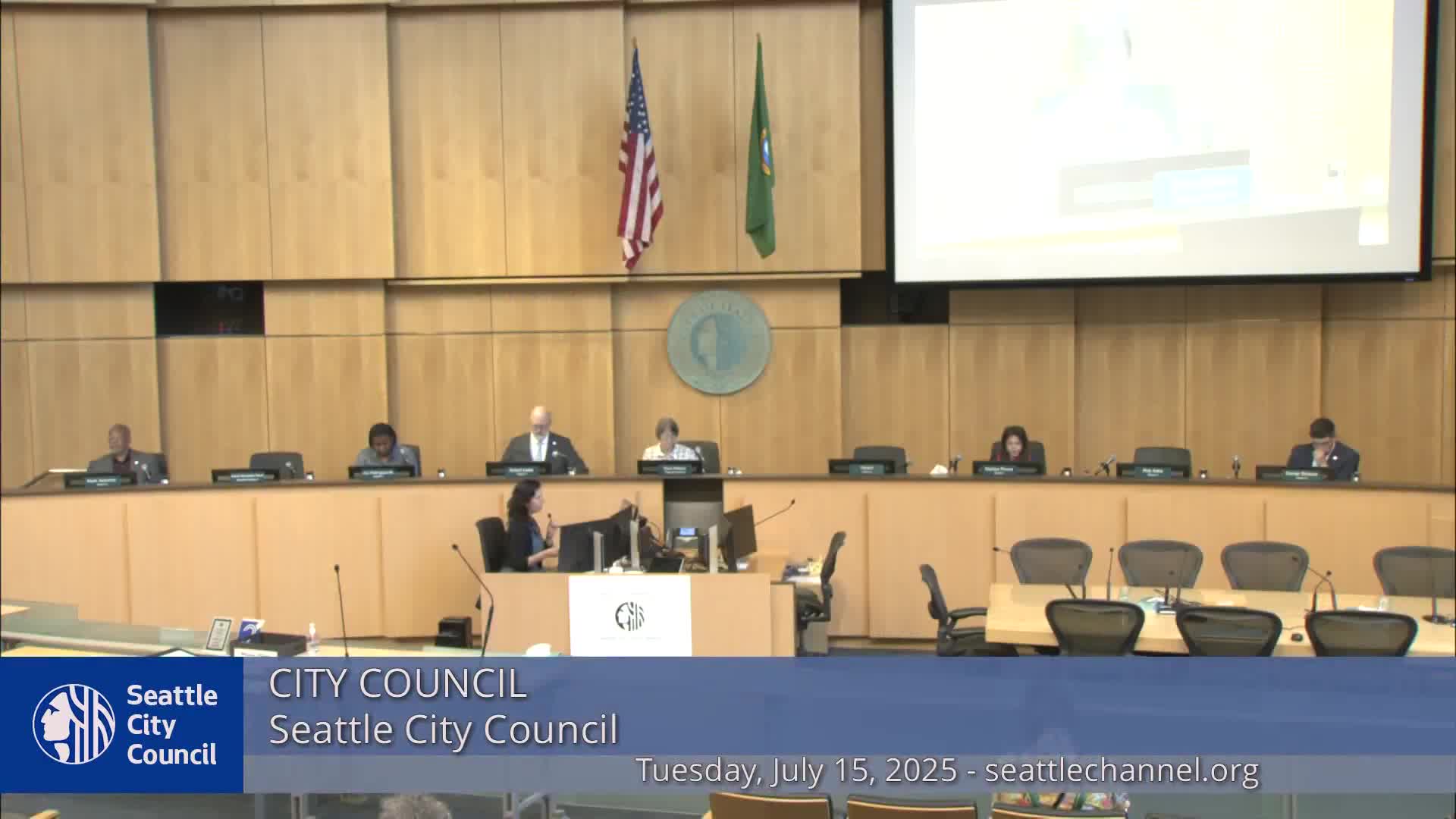Article not found
This article is no longer available. But don't worry—we've gathered other articles that discuss the same topic.
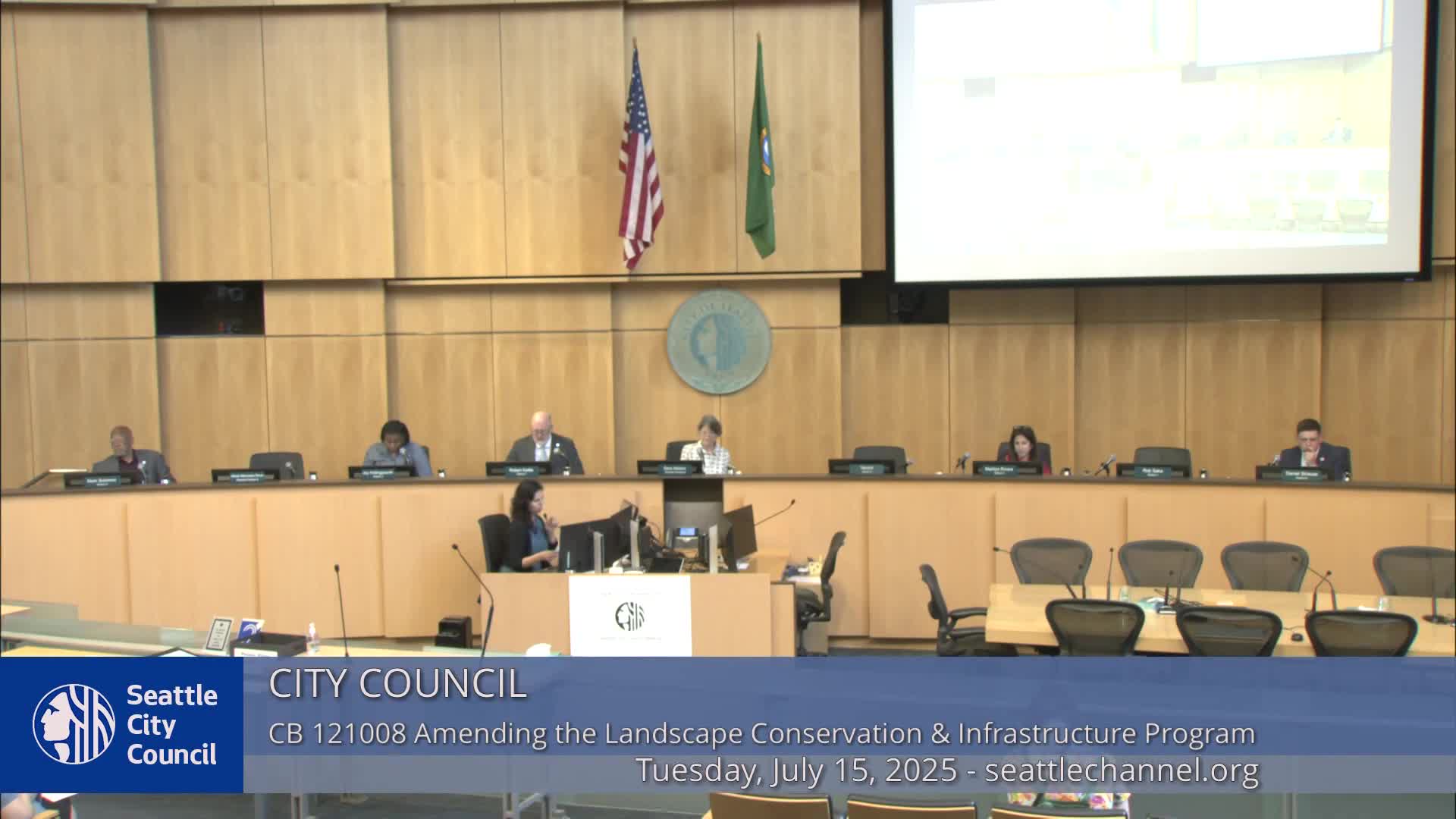
Council authorizes small Seattle Public Utilities property sale and drainage easement acceptance
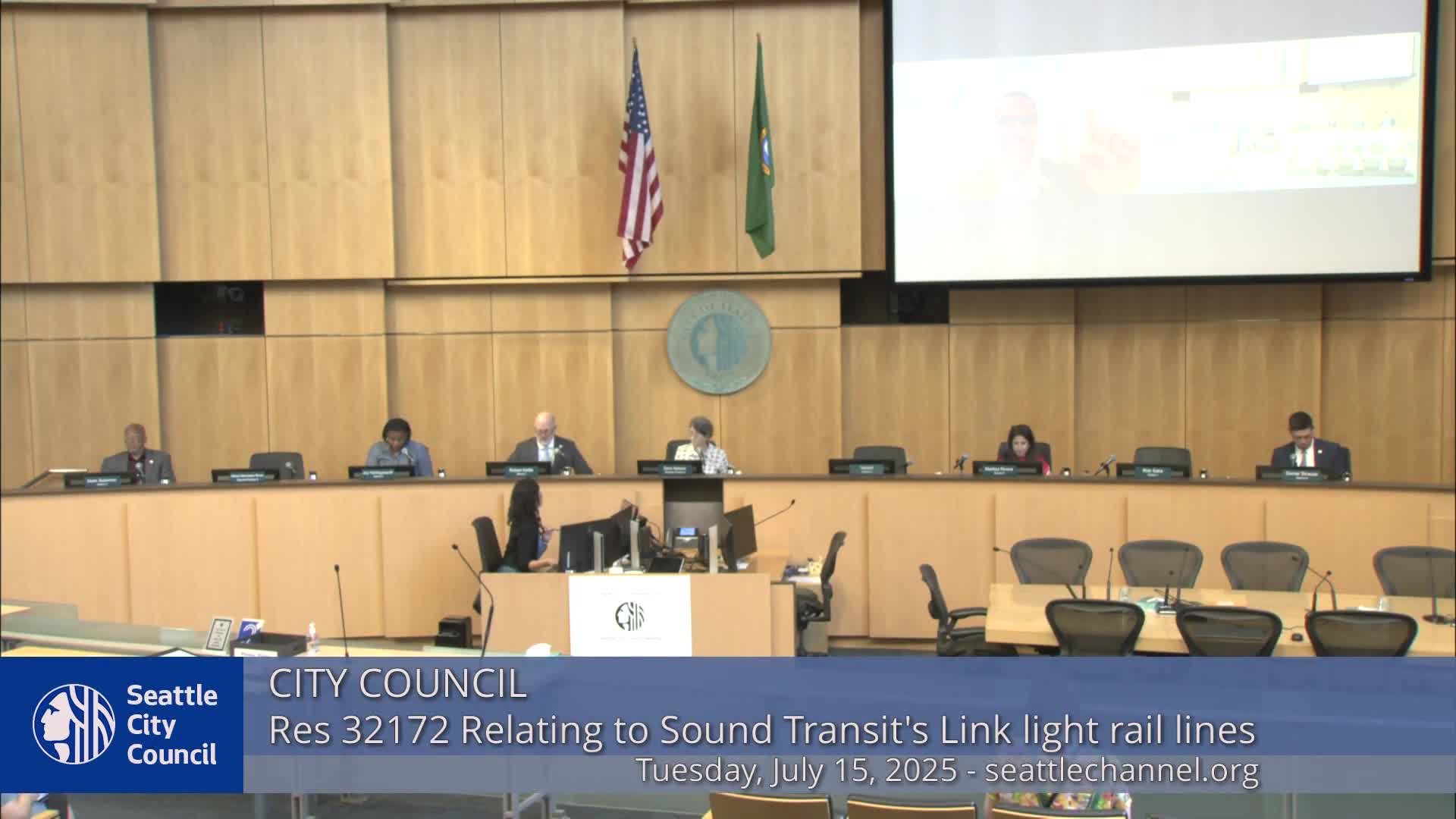
Council amends South Lake Union landscape conservation funding plan for additional open-space projects
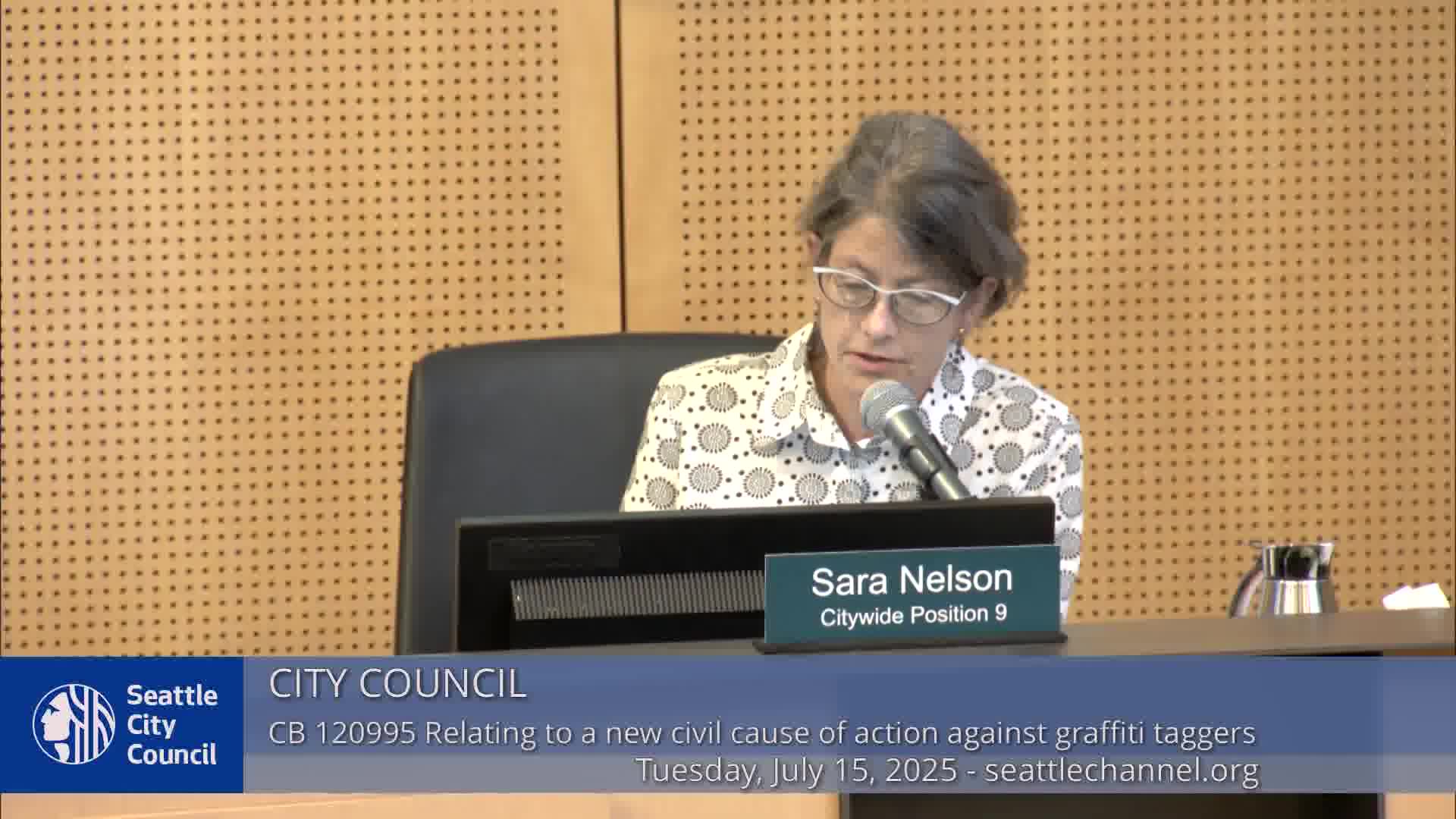
Council approves Sound Transit agreement update and alignment resolution for West Seattle Link extension
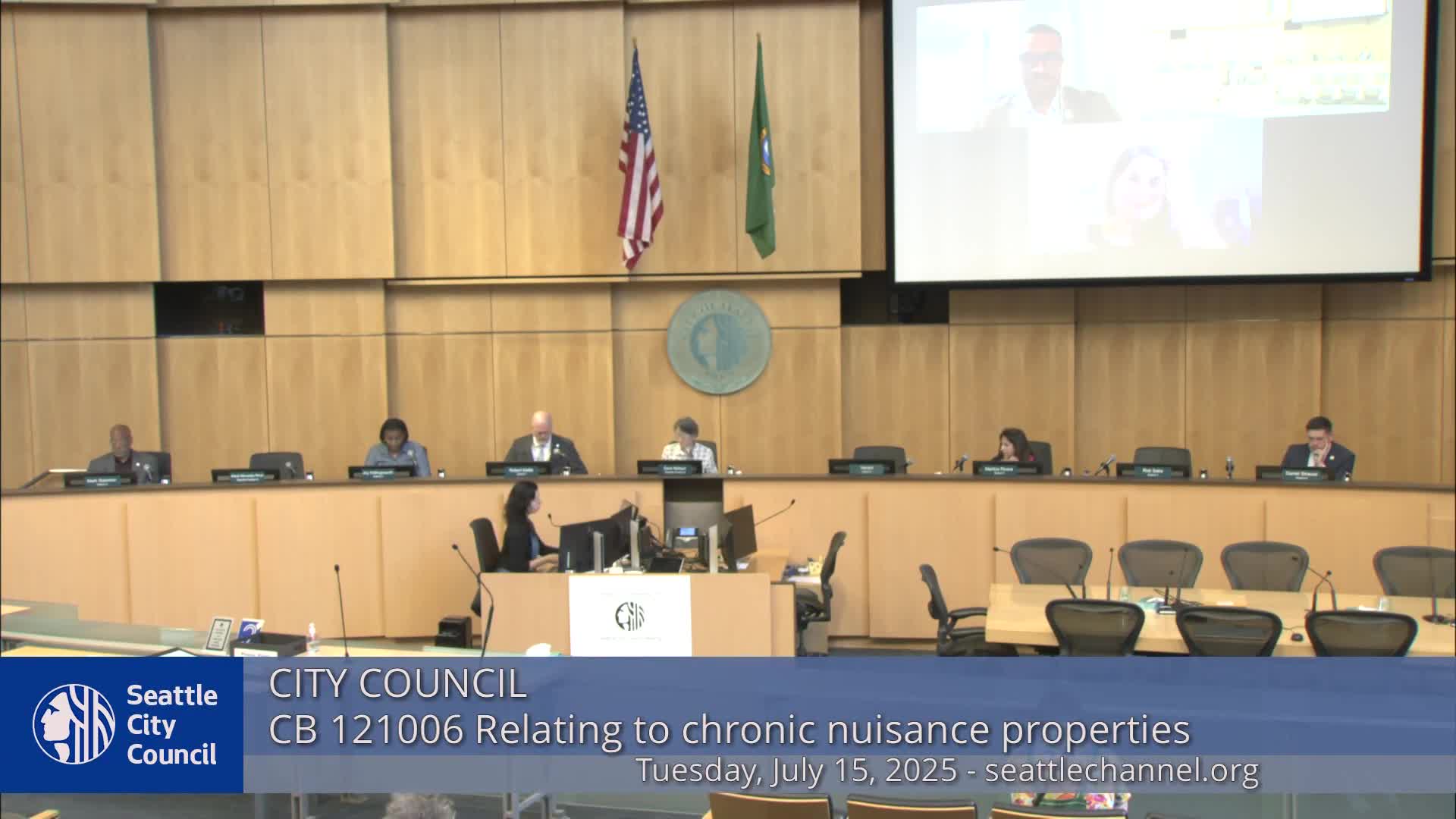
Council approves civil penalties and community restitution option for prolific graffiti taggers
